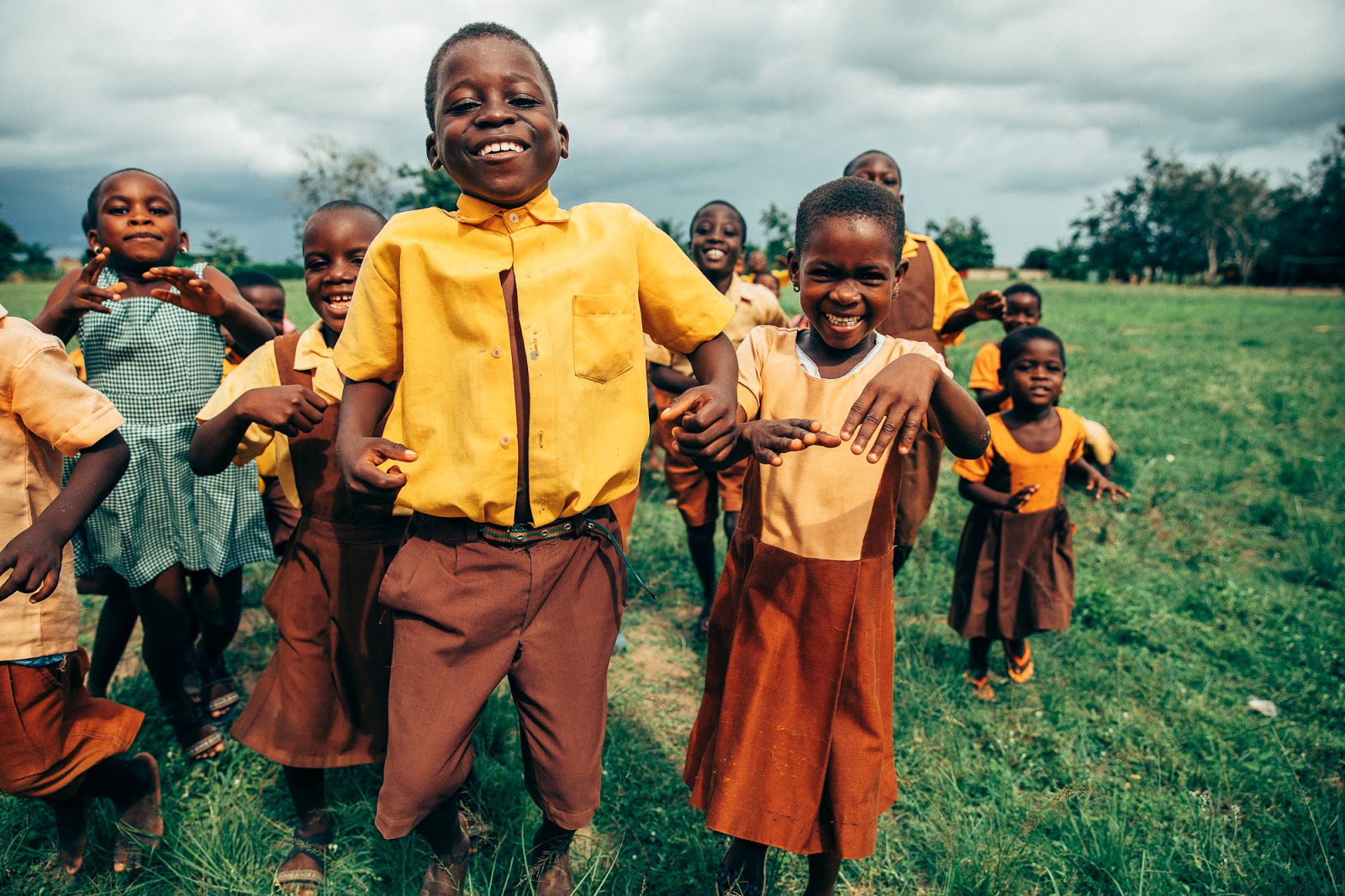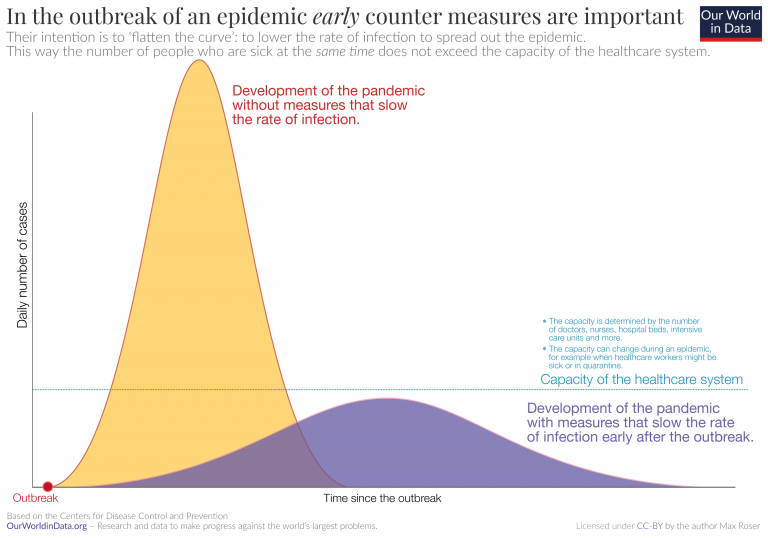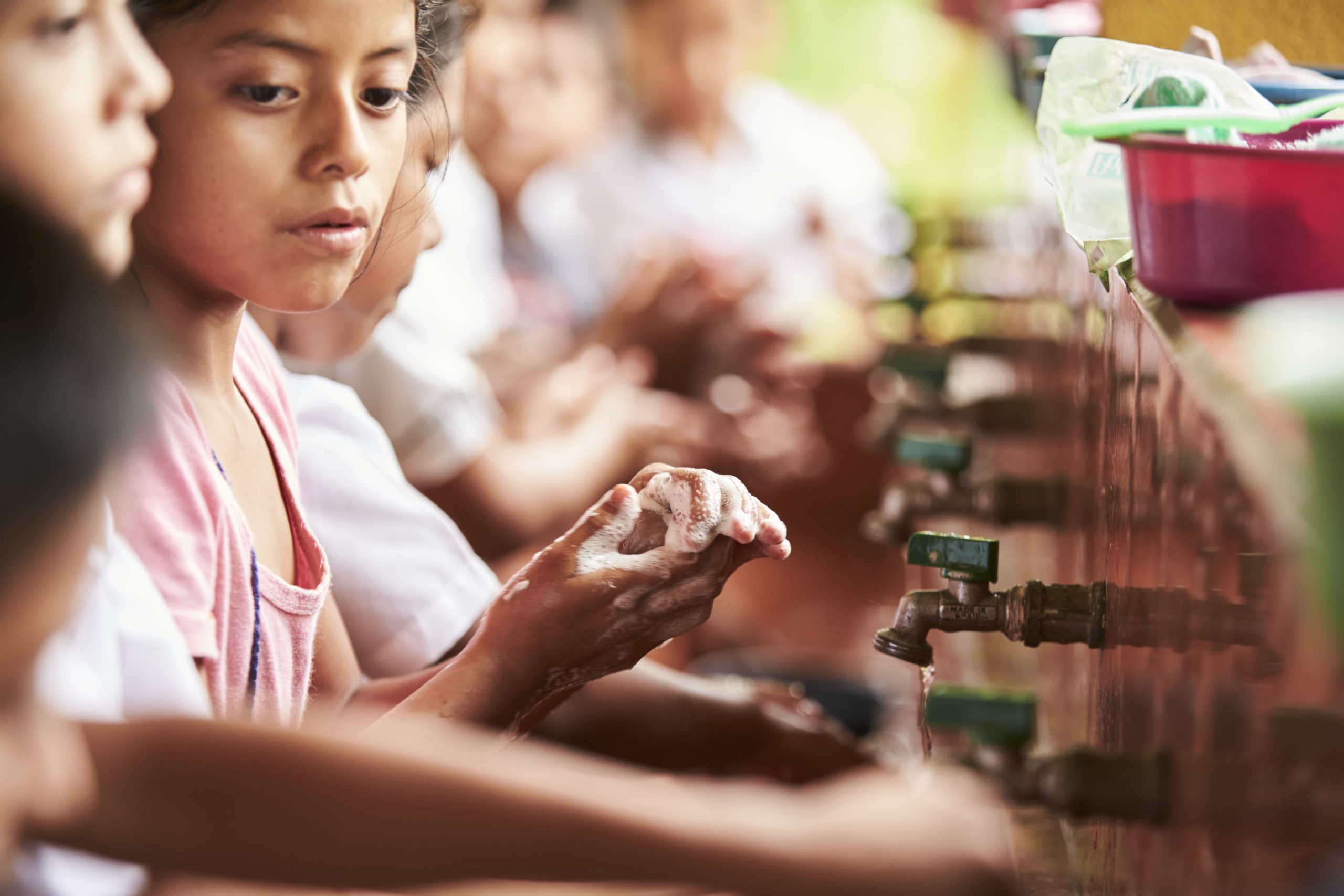I have had the privilege of working as the Social and Emotional Learning (SEL) Specialist at Pencils of Promise (PoP) for the past five years, but I am also a clinical psychologist with a background in psychoneuroimmunology. During my time at PoP, I have been struck by the ways in which we seem to enjoy continually-renewable human resources; the PoP family as a collective entity is characterized not only by a deeply-held passion to serve our students and their communities, but also by optimism and determination that we can. As a proud and intensely loyal member of this family, I am writing to you with some coping strategies for the COVID-19 crisis.
These strategies reflect underlying themes in which I suspect we all believe; that a) challenging circumstances also bring us gifts and opportunities to grow, and b) if you look hard enough, there is something truly beautiful–and thus worth fighting for–in every single living thing. They also reflect the idea that the most difficult stressors involve loss of control, persistence, and complexity, and so we must make a concerted effort, consequently, to exert as much control as we can in response.

Photo credit: Nick Onken
The graphic below applies to the impact social distancing can have to “flatten the curve”, or slow the progress, of the current pandemic, but the same principles also apply to the psychological and immunological processes at play here. In other words, the curve can be flattened for anxiety, depression, and the stress hormone cortisol, by using the skills outlined below.

- Limit your exposure to news by gathering information from only the most trustworthy and reliable sources; at the time of this writing, these are the World Health Organization and the Centers for Disease Control.
- In order to effectively flatten the curve, we need to focus on ideals we try hard to promote with SEL, such as other-focus, empathy, and altruism; prioritizing love over fear; and taking responsibility. For the vast majority of the world, self-quarantine while healthy is not feasible. To the extent that it is possible to employ strategies like handwashing and social distancing in your own life, you can feel you are doing your part, while still maintaining tolerance for others’ belief structures and perspectives on how they want to proceed.
- Humans are social animals, and culturally, Laos, Ghana, and Guatemala are characterized by incredible warmth and interpersonal engagement. Even the introverted among us gather great comfort from our loved ones and social networks. At this time, you can shift your social interactions to virtual ones, which gives you the opportunity to establish the same degree of contact virtually that you would otherwise have had in person. There is no prohibition on FaceTime, so if you have a phone, use it to reach out, not only to close others, but also to people you may not have spoken to in a long time or neighbors who need help.
- During my years of seeing patients, several skills and health behaviors emerged as both consistently effective and having observable positive effects on mood and long-term health:
- “Flipping the switch”, or taking stock of a situation and imagining it has been turned on its head (for example; our children will be out of school for an indefinite period, but this will strengthen their relationships with their families)
- Keeping two separate journals for dark and light thoughts, with 15-minute-per-day time limits imposed on the dark journal (writing serves to promote order in chaotic thoughts, which has myriad health benefits)
- Mindfulness, or the Buddhism-based practice of focusing one’s energy on inhabiting the present moment (for example, sitting in a quiet place and feeling grateful for the fact that everyone one loves is healthy and well at that particular moment). Mindfulness as a form of meditation can happen anywhere; cleaning the dishes, cooking, even while brushing your teeth. A great app for this is called “Stop, Breathe, and Think”.
- Exercise, sleep hygiene; primarily plant-based diets; and externalization (for example, sitting in the sunlight, going on a “photo safari” with your phone, or taking a virtual tour of a museum you have always wanted to visit), will all increase immunity and decrease levels of anxiety and fear.
- Building fun into the day: cook something new; engage in creative processes like making art, learning a new language, or writing a poem; reorganize your home environment. Somewhere is a latent dream which now has the opportunity to be made real! For those of you with families, add some magic to your days; create a blanket-tent and tell ghost stories by flashlight; have your kids give “guest lectures” about things they care most about; don a pair of cozy socks and practice the Danish art of Hygge; find a place to paint a mural.
- Putting energy into creating structure, order, and consistent routine to your days, which will allow time for both the above-mentioned health behaviors and fun.
The crisis of the coronavirus pandemic, like any trauma, will serve as a lens for the ways in which people navigated their lives before it ever happened. Armed with knowledge and loving hearts, we can weather it as one, pay the gifts it brings forward, and emerge with our PoP family stronger than ever.

Photo credit: Nick Onken
